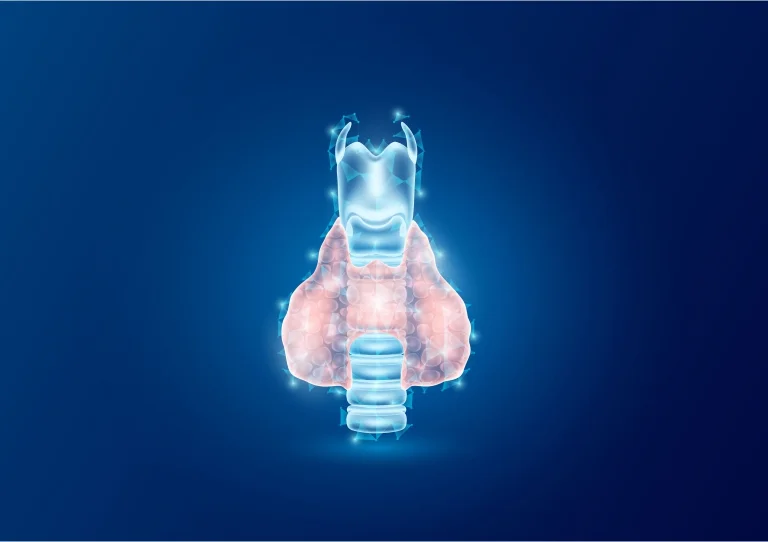
90% of Our Partners Have Already Upgraded to 3rd generation TSH (USTSH) – Have You?
Why is 3rd-generation TSH (USTSH) better than old 2nd generation TSH?
⚡3rd generation TSH costs lower than old 2nd generation TSH
🎯 Superior Sensitivity
✅ High Accuracy
⏱ Faster Turnaround Time
Here’s a detailed explanation as to why 3rd-gen USTSH is better:
- A blood test that measures the amount of TSH in the body with increased sensitivity compared to regular TSH tests.
- This test detects very low TSH levels, and diagnoses conditions like subclinical hypothyroidism, in which T4 and T3 levels are normal but TSH levels are elevated. Subclinical hypothyroidism is a condition that can progress to overt hypothyroidism if left untreated, making early detection and treatment important.
- UTSH test detects small changes in TSH levels that may not be detected with a regular TSH test. This is especially useful for monitoring the treatment of hypothyroidism and hyperthyroidism, as small changes in TSH levels can indicate a need for adjustments to the treatment plan.
- TSH levels are influenced by factors like stress, pregnancy, and certain medications. Hence, UTSH levels are critical in the context of other clinical findings and laboratory tests, such as T3/FT3 and T4/FT4 levels.
- At Thyrocare – A third generation immunoassay technique uses Electro chemiluminescent immunoassay (ECLIA), Chemiluminescent immunoassay (CLIA) or Chemiluminescent microparticle immunoassay (CMIA) for the ultrasensitive quantitative determination of TSH in serum.

- The functional sensitivity of TSH assay should be ≤ 0.02 μIU/mL. UTSH offers a sensitivity of 0.05 μIU/mL, allowing discrimination between hyperthyroid and normal patient populations.
Benefits of UTSH over regular TSH – By Dr Preet (MBBS, MD Pathologist) – Vice President of Operations & Quality at Thyrocare:
English: https://bit.ly/3HrQDaV
Hindi: https://bit.ly/4jFSNRD





